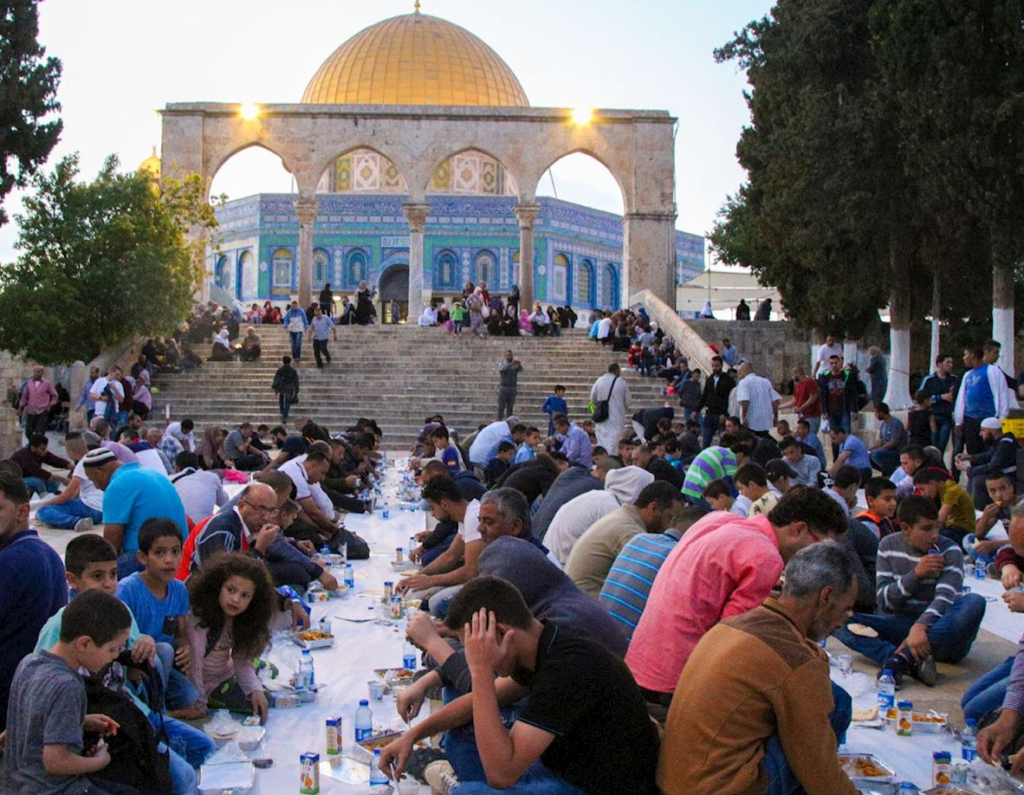Ramadan, the holy month for Muslims is set to start next week marking a period when Muslims fast from sunrise to sunset, refraining from food and drink.
It can be hard to prevent overeating after breaking your fast. While eating a lot may provide temporary satisfaction, it can lead to hurt, digestive problems, and weight gain in the long run.
Conscious eating during Ramadan can help individuals keep a healthy balance during the fasting period.
Here are a few tips to prevent overeating:
Have a balanced Suhoor:
Having a balanced Suhoor – the pre-dawn meal Muslims have before starting their fast – will help stop the feeling of hunger throughout the day.

Having a balanced meal that contains carbohydrates, protein, healthy fats, and fiber will provide sustained energy throughout the day and stop overeating when breaking the fast.
Eat unhurriedly and mindfully:
When you are about to make your fast at Iftar, take your time to eat slowly and mindfully. Chew your food totally, savoring each bite and paying awareness to the flavors. This will stop you from eating too much, too quickly.
Drink plenty of water:
Drink plenty of water between Iftar and Suhoor to stay hydrated. Dehydration can usually be mismeasured for hunger, which can lead to overeating.

Aim to drink at least eight to ten glasses of water throughout the evening and early morning hours.
Eat in small plates:
Be mindful of portion sizes during Iftar and Suhoor to avoid overeating. Use smaller plates and bowls to help control portion sizes, and listen to your body’s hunger and fullness cues.
Listen to your body’s signal:
Tune into your body’s signals of need and fullness.

Eat until you feel satisfied, instead of overly full. If you are still hungry after Iftar, wait a few minutes before reaching for seconds to allow your body time to register fullness.
Express gratitude:
Take a moment before each meal to express gratitude for the food you are about to eat – a significant goal of Ramadan.





